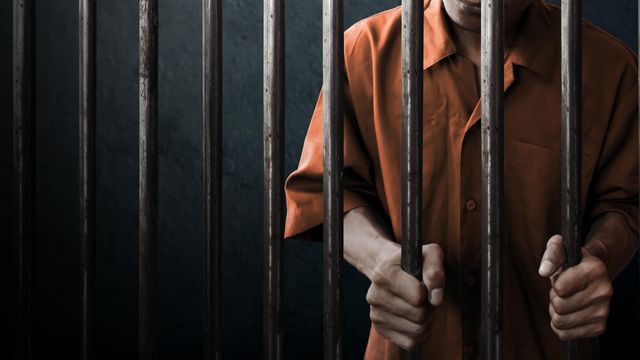Physician Says He Never Participated in Executions
A physician who has observed several recent executions said he never helped put any inmates to death, further clouding a dispute between state prison officials and the state medical society.
Posted — UpdatedExecutions were put on hold in January when the North Carolina Medical Board adopted a policy forbidding physicians to participate in them. Any doctor who violates the policy faces the loss of his or her medical license for breaching the profession's code of ethics.
State law requires a physician be present at all executions to monitor an inmate's vital signs so that the death penalty doesn't violate the constitutional prohibition against cruel and unusual punishment.
In a deposition given in a death penalty appeal, Dr. Obi Umesi stated he never directly participated in an execution. Umesi serves as the full-time doctor for Wake County Jail inmates and has been the doctor on duty at a number of recent executions at Raleigh's Central Prison.
In the deposition, he said he was in an adjacent room in the last two executions, watching an EKG monitor for heart activity. He said he occasionally checked another monitor where another medical team member kept track of anesthesia being administered to the inmate.
Umesi couldn't be reached Thursday for comment.
But the statements are stirring up the death-penalty controversy.
"He wasn't asked to interpret the monitors. He wasn't asked to monitor vital signs. Without those things, there can't be adequate assurance that the anesthesia level is sufficient," said attorney Elizabeth Kuniholm, who represents death-row inmate James Campbell.
Kuniholm said the deposition highlights the confusion over the role of a doctor in an execution. In one case, attorneys for the Department of Correction argued a doctor must only be present. In another, they said the doctor is supposed to monitor vital signs.
"Since January, the state's position has been a moving target," she said.
Death penalty supporters said the dispute over doctors is ultimately a smokescreen, a technicality that is blocking a lawful form of punishment. Various Republican lawmakers are backing a bill to strip the medical board of power to discipline doctors who might take part in executions.
"It looks terrible in the minds of people back home and all throughout that our court system is not working and creates more and more problems, just when a few special interest groups try to find a way to circumvent the court system and circumvent justice," said state Sen. Andrew Brock, R-Davie.
• Credits
Copyright 2024 by Capitol Broadcasting Company. All rights reserved. This material may not be published, broadcast, rewritten or redistributed.






